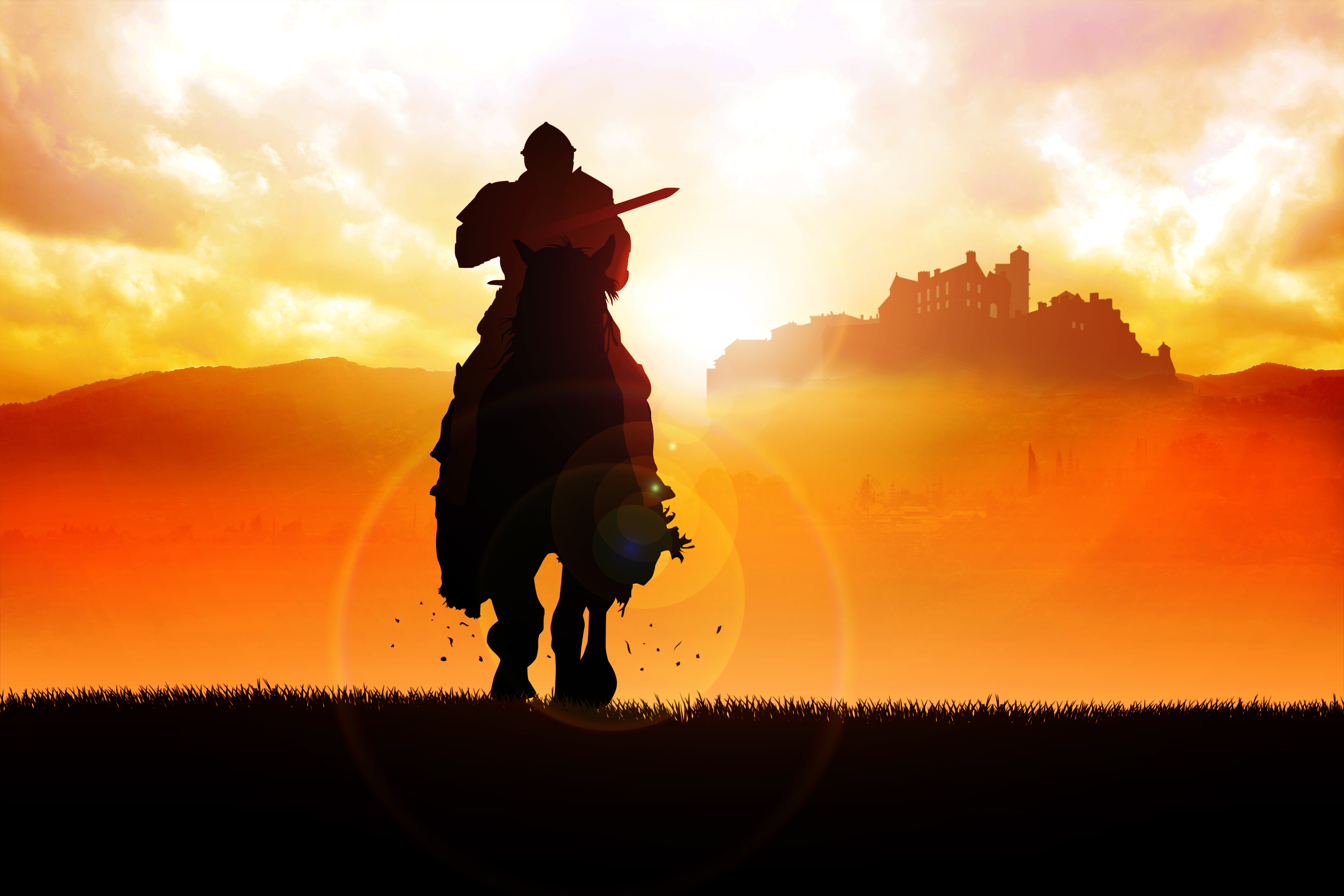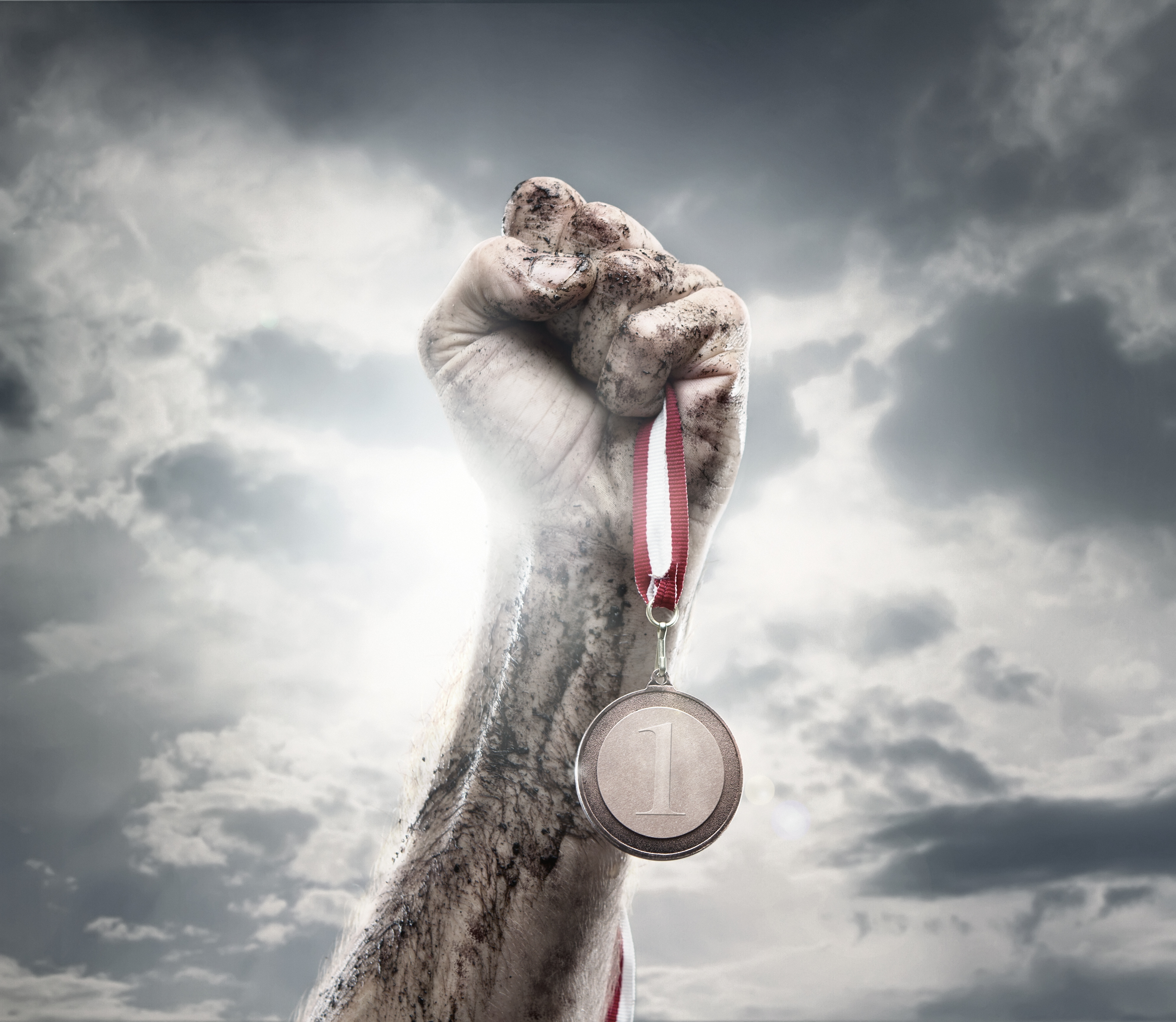Abraham-the Noble Warrior

Living as we do in the 21 st century we are all too familiar with many military terms such as: armed intervention, internecine war, holy war, jihad, and crusade. The purpose of this article is not to be occupied with war in itself but to learn what lessons the Spirit of God would teach us through using such a vocabulary in the Scriptures.
The first battle involving man took place, like the greatest battle of all, in a garden-one in Eden, the other in Jerusalem. The last battle, in Revelation 20, will finally destroy the strategic and tactical plans of the enemy forces.
Throughout the Bible there are many references to this subject. Of God it is written in Exodus 15, "Jehovah is a man of war." In a typical reference to the Lord Jesus in Job 39 we read, "he smelleth the battle from afar off"-see also Jn. 7.20. Isaiah calls attention to the militancy of the Holy Spirit, "When the adversary comes in like a flood, the Spirit of Jehovah will lift up a banner" (59.19).
Concerning men we read, for example, the three great kingly warriors of the United Monarchy: Saul, David and Solomon. Of them we read, "And Saul took the kingdom over Israel and fought against all his enemies round about" (1 Sa. 14.47), "them also King David dedicated to Jehovah, with the silver and the gold that he had dedicated of all the nations that he had subdued" (2 Sa. 8.11), "for he [Solomon] had dominion over all on this side of the river, from Tiphsah as far as Gazah, over all the kings on this side of the river" (1 Ki. 4.24).
While our first thoughts of Abraham may be the wonderful extent of his faith we have to appreciate the other spiritual qualities that marked him including those of being a prophet (Gen. 20.7) and a priest (Gen. 22.2). His greatest military victory is, no doubt, the one recorded in chapter 14, when a northern alliance, led by Amraphal the king of Shinar advanced down the King's Highway on the east side of the Jordan in the direction of Eilat and the Red Sea. This movement left Abraham free to take the road through the central mountain massif and set up an ambush at the junction of the two highways near the city of Damascus. Chaim Herzog, the former president of Israel, thinks that this is the same location where, on September 30, 1918 the Australian Mounted Division ambushed and annihilated the Turkish Fourth Army.
The question then arises: In what way does Abraham deserve to be known as The Noble Warrior? Men have many reasons for engaging in warfare. Among them are:
- plundering and looting;
- acquisition of territory;
- power and aggrandizement.
But in the history of Abraham we find no such features. Instead we see:
- restoration of property rights;
- recovery of his brother;
- refusal of reward.
Why did Abraham with over 300 men go 250 miles (400 km) to rescue a brother like Lot? How many of us would do that today?
How do we behave when in such situations? Are we concerned only about our own reward, place or reputation? Or are our desires similar to those of Abraham who developed spiritually in adverse circumstances as David says, "in pressure thou hast enlarged me" (Ps. 4.1).
No doubt the greatest result was that Abraham, the warrior, met Melchisedec, the king of Peace, to whom he rendered homage. An experience of difficulty and problems turned out to be one of victory, reconciliation, good public testimony, and fruitful spiritual contacts.
NS/ July 27, 2007(last article written by brother short before his going to paradise on 9/12/07)




